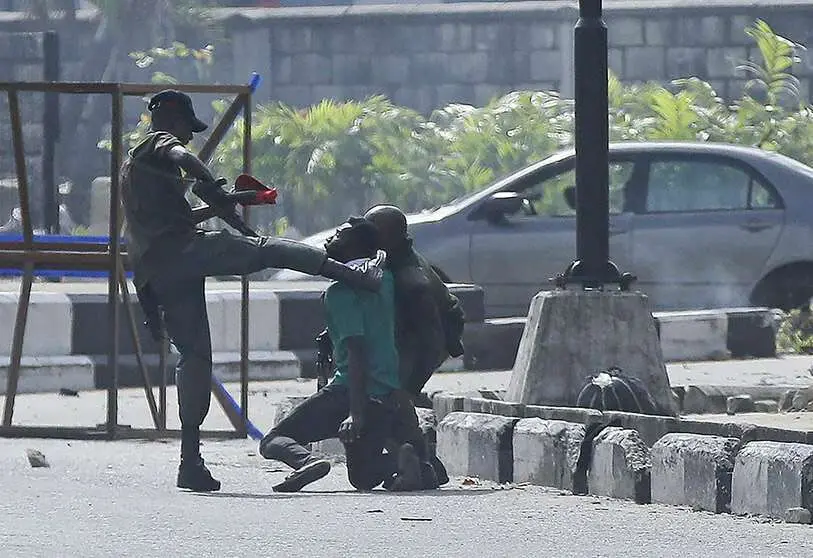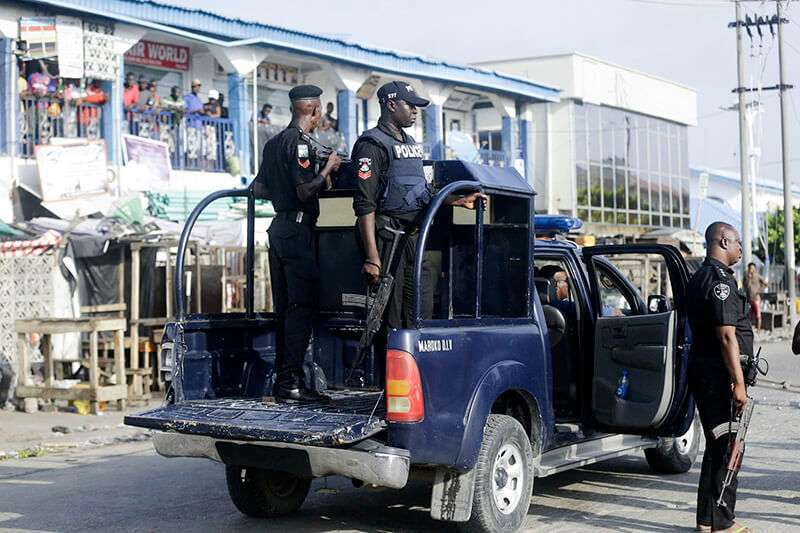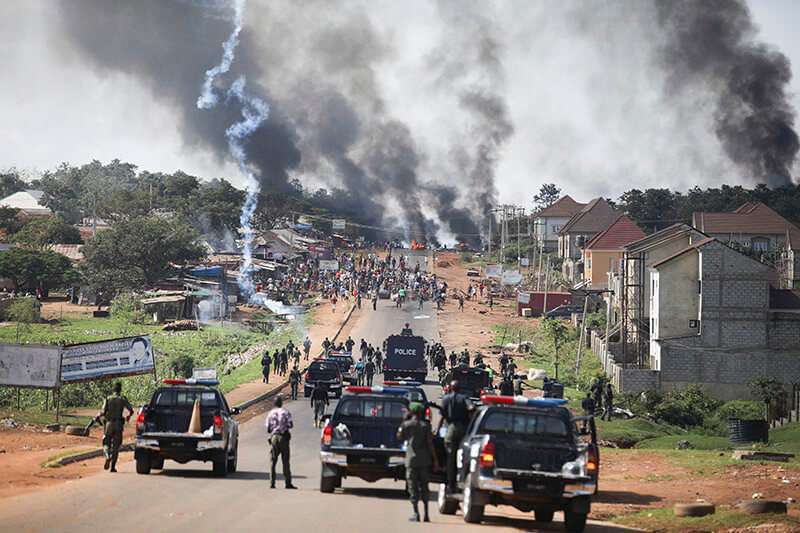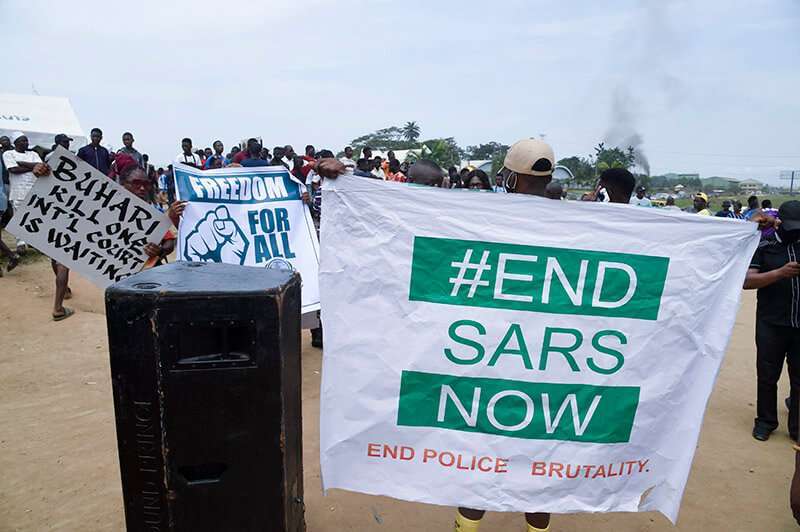When the security forces are also the enemy

When looking at Africa, especially regions such as the Sahel, or countries such as the Central African Republic, the Democratic Republic of the Congo or Mozambique, the security environment or lack thereof often takes centre stage. It is understood that, to a certain extent, without security, no development is possible. However, on many occasions it has been proved that it is precisely those actors responsible for the security of a country that have fuelled the insecurity of their societies. The factors that fuel this attitude, contrary to what is assumed, are varied.
Corruption, which is spreading like a poison at all levels in many African countries, means that on many occasions the investments made in improving capabilities and purchasing equipment for the security forces or armed forces do not come to fruition or are deteriorated by the successive bites to which these items are subjected. In turn, the clientelism stemming from corruption is what sometimes defines police actions, not the fight against crime and injustices that grips societies that are underdeveloped and have little state presence in part of their territory.
Other factors could be the militarisation of the security forces or the direct use of the armed forces to combat common crime, which entails the commission of excesses and excessive uses of force and the existence, on occasions, of legal uncertainty for criminals who see their acts punished directly by the security forces themselves, even to the extent of executions.

There are countries in which some factors are encountered more frequently than others, but they tend to be cross-cutting elements in the problems that the security sector suffers in order to become consolidated in many countries of the continent. The case of Nigeria is possibly one of the most evident. Despite being one of the African powers in several aspects, it suffers the scourge of Jihadist terrorism in the northeast of its territory, a threat it is finding difficult to mitigate. Nonetheless, its governmental, economic and military situation is superior to that of its Sahel neighbours and enables it to contain the territorial expansion of this threat by its own means.
One of the causes that accentuates the "status quo" in addressing this situation is undoubtedly the corruption that exists in the security sector. In recent years the complaints and investigations in this field have been very diverse: extortion at checkpoints, money laundering, collection of commissions and a long etcetera.
In the Nigerian case, the problems also extend to the police. The country suffers from a crime rate that is rooted, among other factors, in unemployment that has risen from 12 percent to 27 percent in scarcely four years, and which is as high as 41 percent among under-24s. This situation of insecurity is manifested in writing in the various reports drawn up by the diplomatic offices when assessing the situation of Nigeria as a destination.

And this situation of insecurity is also contributed to by inefficient and sometimes harmful police work led by the police anti-theft unit (SARS). Since its establishment at the end of the last century to fight violent crime that was rampant in Nigeria, SARS has been plagued by cases of police brutality, rape, torture and extra-judicial killings. The sense of impunity for those who have fought crime with the most crime has been growing in recent years, until the protests of recent weeks led to the dissolution of the unit.
The #EndSARS campaign, which started in 2017, has launched a young society on the streets of Abuja, Lagos and other cities of the world that is tired of the impunity that SARS has historically enjoyed, despite the fact that in 2018 the Nigerian government tried to appease the discontent with a reorganisation of the police unit that has clearly not been effective. An Amnesty International report presented at the end of June documents 82 cases of police excesses committed by SARS members between January 2017 and March of this year, showing that the reform of two years ago has proved fruitless and that the dissolution of the unit, in addition to the investigation of the crimes it has committed, was essential.
Despite the fact that the dissolution was announced on October 11 by the same social networks through which the campaign against unity has spread, social protests have continued. The small print that hides the dissolution is the integration of its members into other police units, which does not eradicate the problem, but hides it. To this should be added that the way in which the security forces are trying to contain the protests is leaving a trail of dead and wounded that is further encouraging the deficit the security forces are dragging in, not only in Nigeria but in many other African countries. This police action to deal with the protests has attracted the attention of the African Union, which has condemned the repressive actions and called on the Nigerian government to de-escalate the situation-a glove that the country's president, Muhammadu Buhari, has picked up by convening the National Security Council.

In addition to abuses, extrajudicial executions by the security forces and armed forces are something that has been repeatedly denounced on the African continent, with examples documented in many countries by different organisations. This fact hinders the consolidation of the security forces as an actor that guarantees and protects the rights of African societies and in many cases fuels the message of terrorist groups and militias, actors that fish in the sea of insecurity that covers many areas of the continent.
Therefore, the effort of all the actors involved, not only national but also regional and international, must go beyond providing the security forces with material means and capabilities, but must also include aspects such as transparency, clarification of responsibilities and training in human rights.







